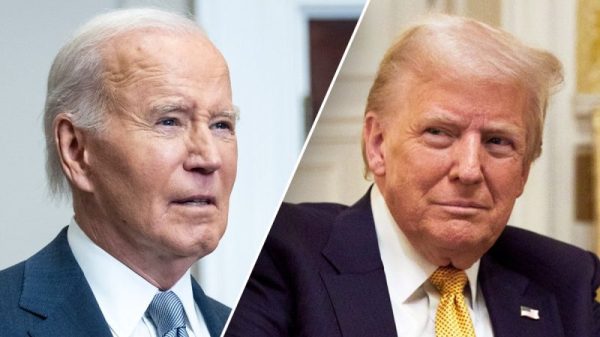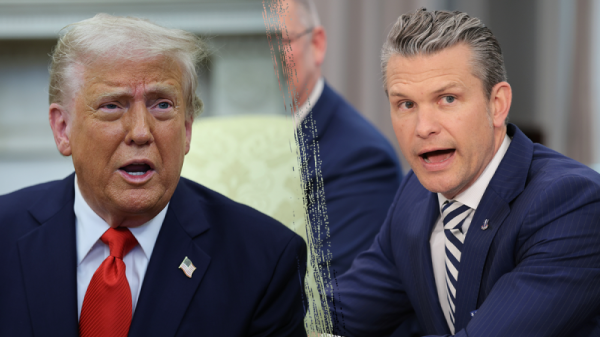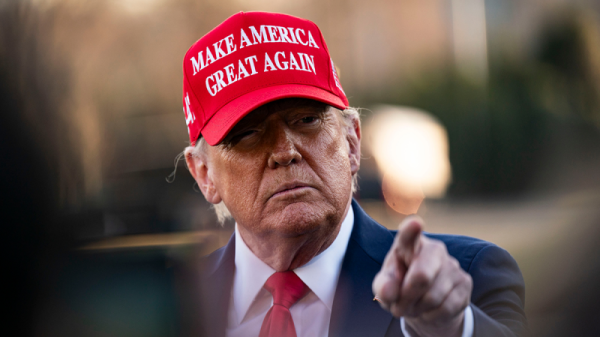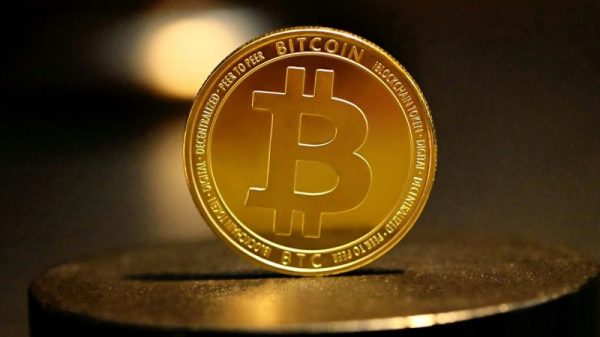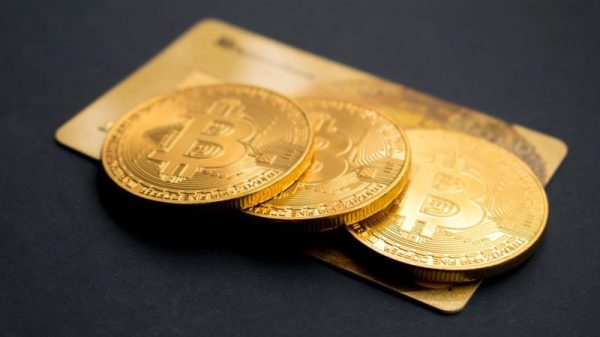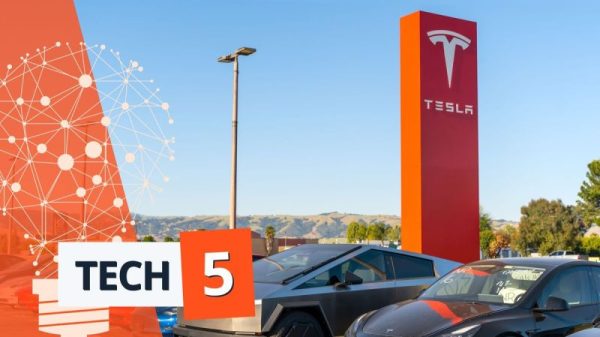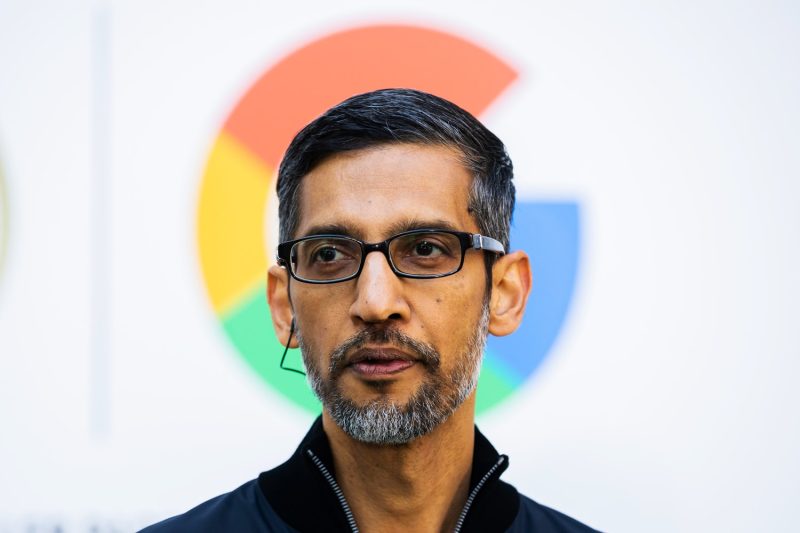In ruling Monday that Google has held a monopoly in internet search, U.S. judge Amit Mehta invoked the company at the center of the most famous tech antitrust case in U.S. history: Microsoft.
A federal judge determined in 1999 that Microsoft had illegally used the market power of its Windows operating system to box out rival browsers, namely Netscape Navigator. A settlement in 2001 forced the software giant to stop disadvantaging competitors in its PC deals.
Google’s landmark case, filed by the government in 2020, alleged that the company has kept its share of the search market by creating strong barriers to entry and a feedback loop that sustained its dominance. The court found that Google violated Section 2 of the Sherman Act, which outlaws monopolies.
“The end result here is not dissimilar from the Microsoft court’s conclusion as to the browser market,” Mehta wrote in his 300-page ruling. “Just as the agreements in that case help[ed] keep usage of Navigator below the critical level necessary for Navigator or any other rival to pose a real threat to Microsoft’s monopoly, Google’s distribution agreements have constrained the query volumes of its rivals, thereby inoculating Google against any genuine competitive threat.”
Mehta said one key similarity is the “power of the default.” For Google, that refers to its search position on Apple’s iPhone and Samsung devices — deals that cost the company billions of dollars a year in payouts.
“Users are free to navigate to Google’s rivals through non-default search access points, but they rarely do,” Mehta wrote.
Mehta said a separate trial will take place on Sept. 4, to determine the remedies, or penalties against Google. At that point, Google can appeal, a process that experts said could take around two years. Microsoft appealed its initial ruling before ultimately settling with the Department of Justice.
“All along, the government has implicitly and explicitly said they’re basing this case on the Microsoft case,” said Sam Weinstein, law professor at Cardozo Law School and a former DOJ antitrust lawyer.
In the case of Microsoft, Judge Thomas Penfield Jackson found that the company forced PC makers to include its Internet Explorer browser in Windows, and threatened to punish them for installing or promoting Navigator. The judge proposed that Microsoft divest either its operating system business or its applications business, which both enjoyed market leadership.
After Microsoft’s successful appeal, a U.S. District Court banned the software company from retaliating against device makers for shipping PCs that include multiple operating systems. Microsoft was required to give software and hardware companies the same programming interfaces that Microsoft middleware employs to work with Windows.
Nicholas Economides, an economics professor at New York University’s Stern School of Business, said the similarities in the Google case are clear.
“My first reaction on this is that Google appears to lose across the board,” Economides said. “This big blow reminded me of the Justice Department’s win against Microsoft.”
The most likely outcome, according to some legal experts, is that the court will ask Google to do away with certain exclusive agreements. The court could suggest that Google make it easier for users to try other search engines.
While a monetary penalty is also on the table, the bigger risk is that Google will have to alter its business practices in a way that undermines profitability. For example, if Google can no longer be considered a default search engine on smartphones, it could lose a significant chunk of business in its core market.
In the second quarter, “Google Search & Other” accounted for $48.5 billion in revenue, or 57% of Alphabet’s total revenue.
In its appeal, Google will likely introduce fresh evidence that artificial intelligence has played more of a role in competition, a dynamic that didn’t exist when the DOJ filed its initial lawsuit. However, it’s a perception Google has tried to downplay since being upstaged by OpenAI’s ChatGPT.
Neil Chilson, former chief technologist for the Federal Trade Commission and currently head of AI policy at the Abundance Institute, sees increased competition for Google due in part to AI, which could help the company’s case.
“The rigid market definitions means the court finds that Google has illegally maintained a monopoly in general search,” Chilson said. But “search vertical providers” like Amazon and AI services like ChatGPT “threaten to upend Google’s entire general search advertising business model,” Chilson said.
Google shares didn’t move much after Monday’s ruling, as the stock was already trading lower due to the broad market sell-off. The stock slipped another 0.6% on Tuesday to close at $158.29. Google didn’t provide a comment for this story.
Since Mehta didn’t discuss potential remedies in the ruling, investors and analysts are forced to wait. Experts say it’s unlikely that Google will be forced to break itself up.
“I think there were obvious business lines you could spin off in the Microsoft case but it’s not as obvious here,” Weinstein said, adding that divestiture is rarely ordered for a Section 2 case.
The trial beginning Sept. 4 will produce some important answers. Bill Baer, who formerly ran antitrust divisions at both the FTC and DOJ, said the Microsoft precedent makes the case against Google a strong one.
“It’s hard to say at this point what the DOJ is going to seek and what the judge is going to accept,” Baer said.
— CNBC’s Jordan Novet contributed to this report.

